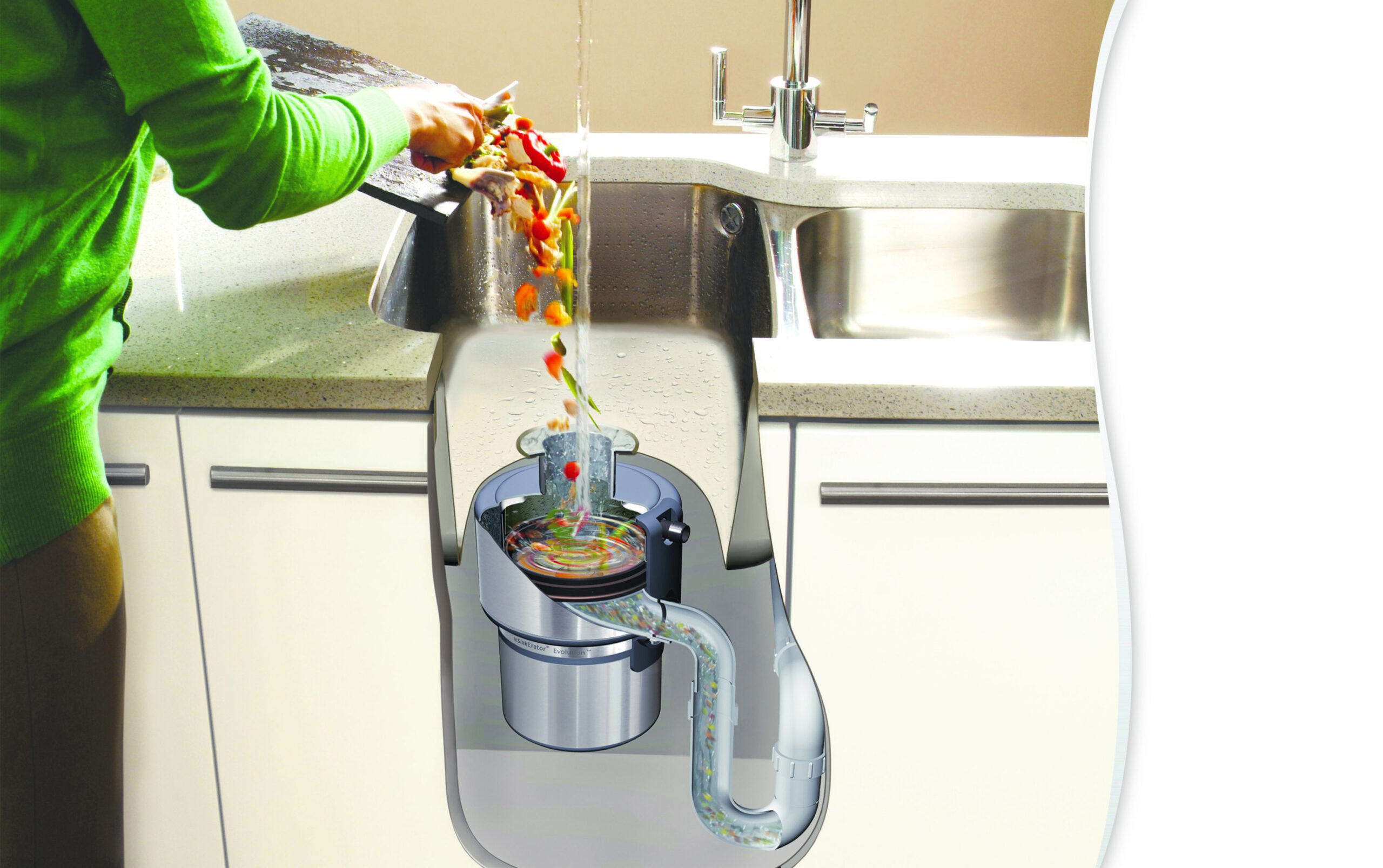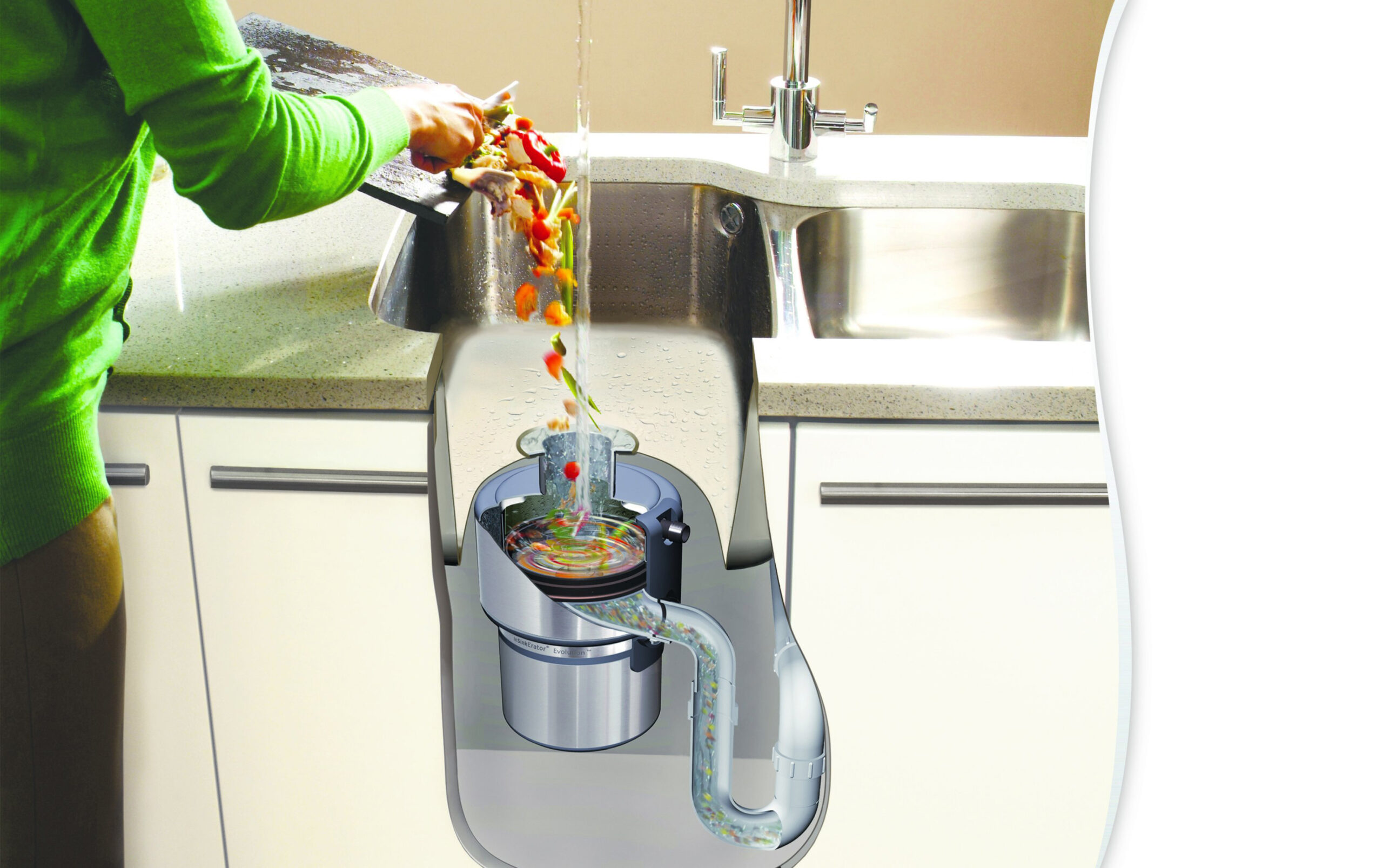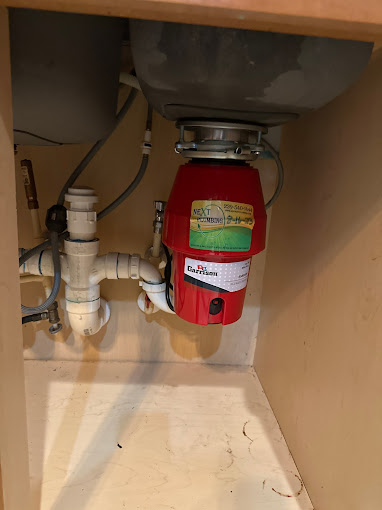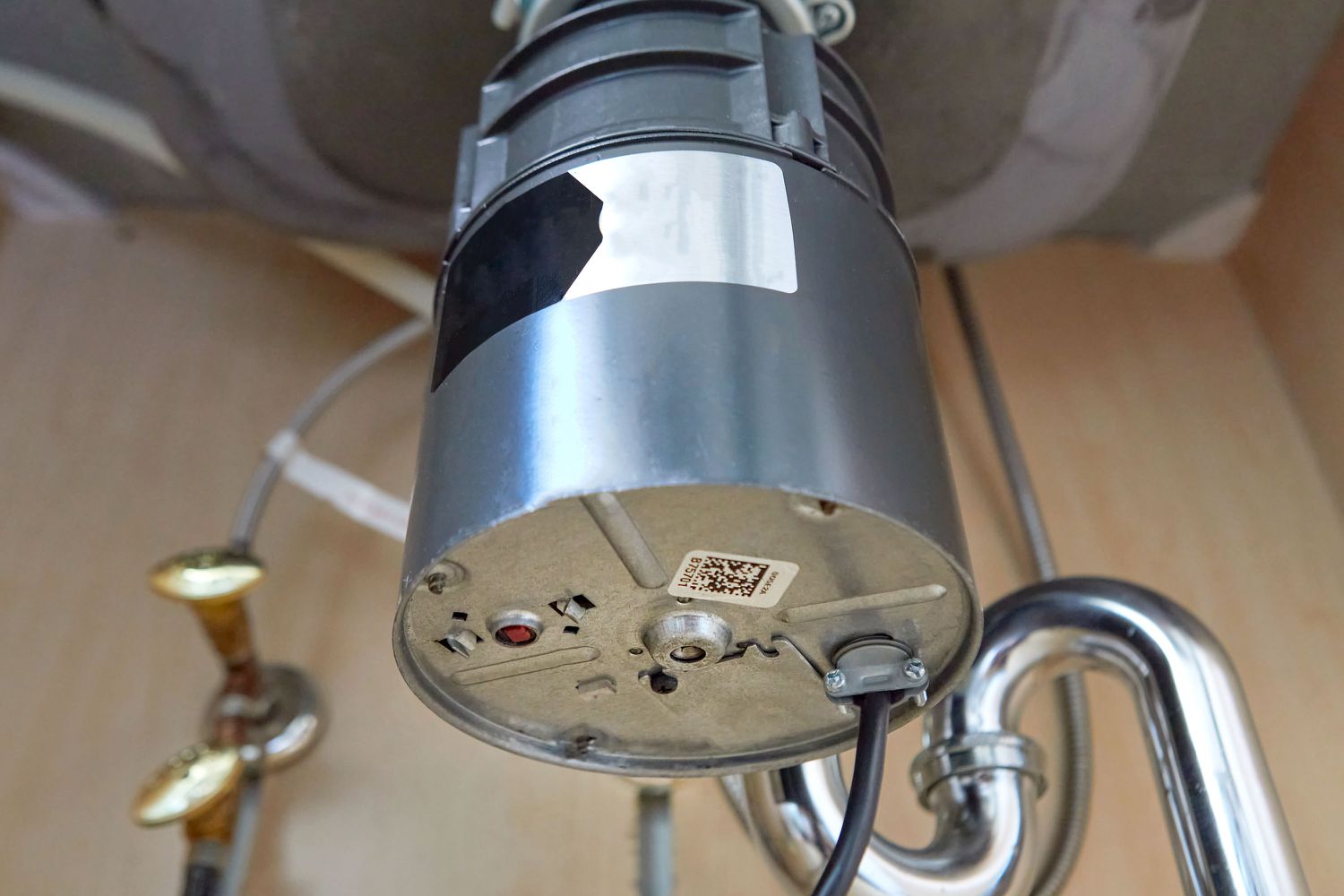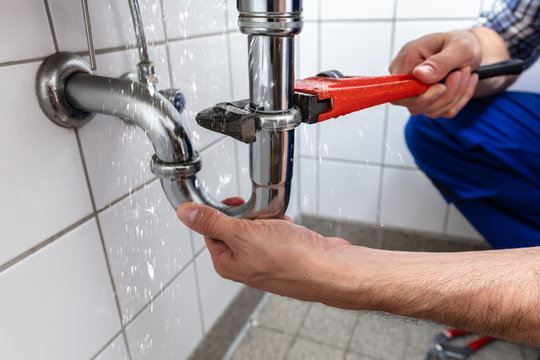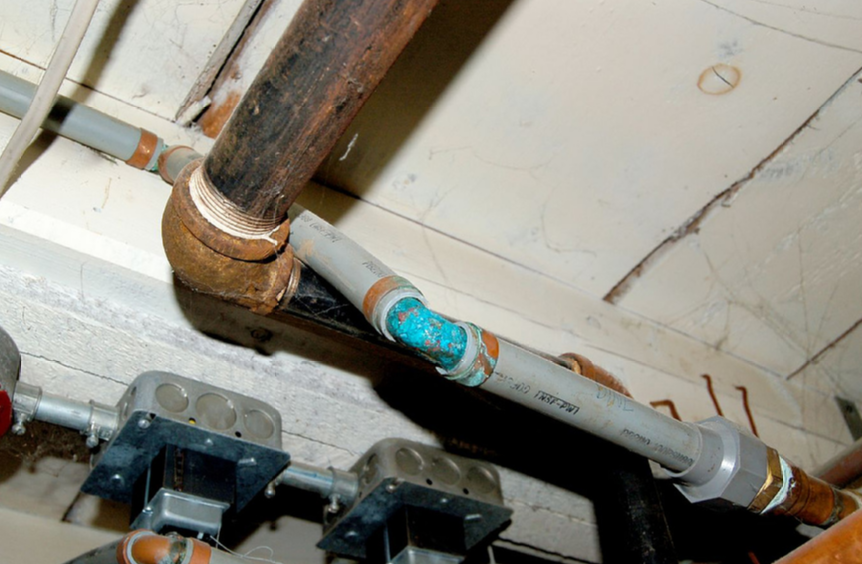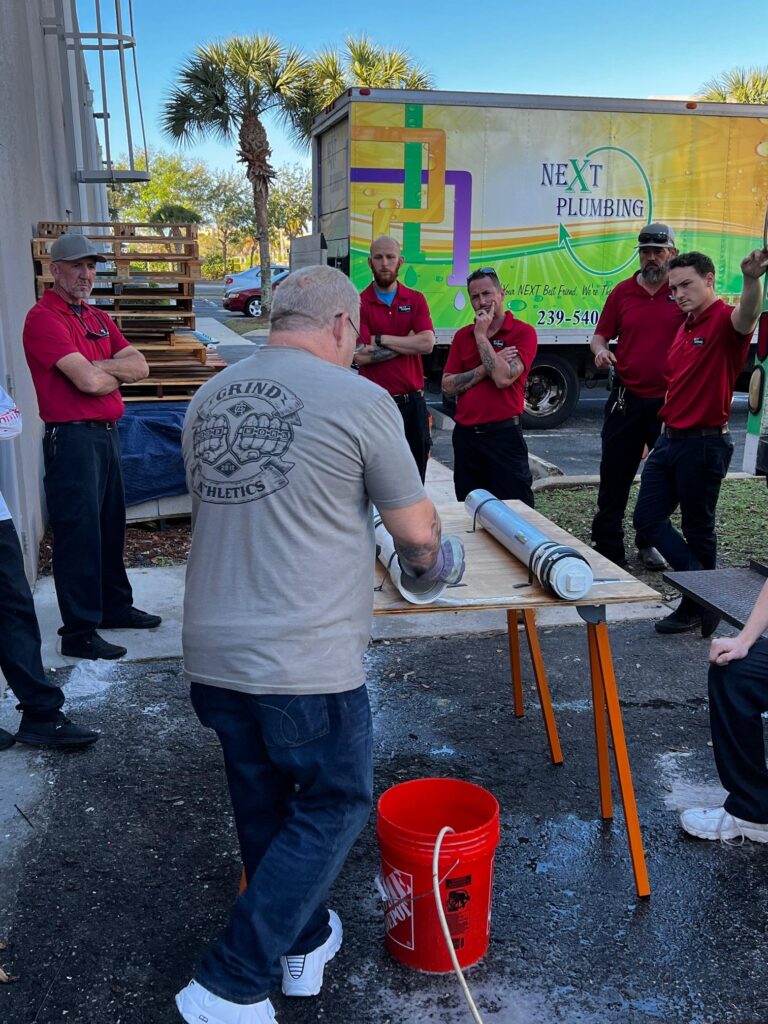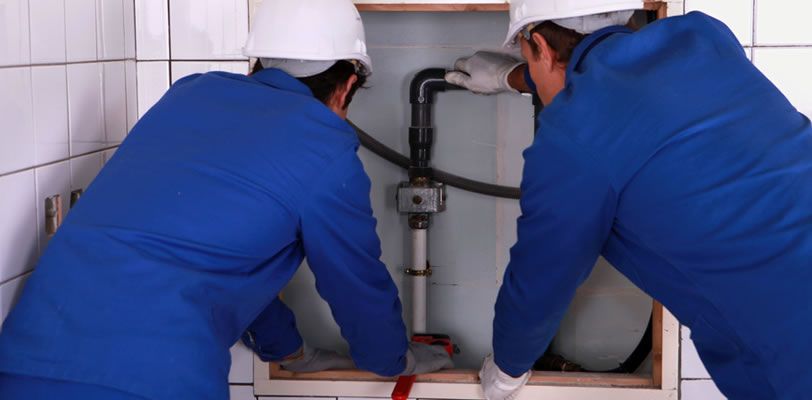Your garbage disposal is one of those kitchen tools you don’t think much about—until it stops working. From grinding up food scraps to keeping your sink free of odors, it quietly gets the job done. But like any hardworking appliance, it’s not invincible. Over time, it can show signs of wear and tear that might leave you wondering if it’s time for a repair or even a replacement. At Next Plumbing & Drain in Cape Coral, FL, we’ve seen it all, and we’re here to help you spot the signs before a small problem becomes a big one.
Common Signs Your Garbage Disposal Needs Attention
Ever noticed a weird clanking sound or a funky smell lingering in your kitchen? These are just a couple of the red flags that your garbage disposal might need some TLC. Let’s break down the top culprits:
- Strange Noises: If your disposal starts sounding like it’s chewing on metal, something’s not right. It could be worn-out parts or a foreign object stuck inside.
- Persistent Clogs: Frequent blockages can mean your blades are dull or there’s an issue with how the unit grinds up food.
- Lingering Odors: Bad smells often mean food particles are trapped, which could indicate your unit isn’t grinding properly.
- Leaks and Water Pooling: If you’re spotting water under your sink, you may have a crack or failed seal that needs fixing fast.
- Frequent Resets: Hitting that reset button all the time? It’s a sign your unit is overworked or struggling with an electrical issue.
When Replacement May Be Necessary
If your garbage disposal is over 8–15 years old, it might be nearing the end of its life. Older units often struggle with efficiency and can’t keep up with today’s kitchen demands. Frequent repairs can also add up—sometimes it’s more cost-effective to upgrade to a newer, more powerful model.
Addressing Electrical Problems
Electrical issues can be more than just a nuisance—they can be dangerous. If your disposal causes flickering lights or trips your breakers, it’s likely due to faulty wiring or an overworked motor. These are problems best left to the pros to ensure your appliance runs safely and efficiently.
Structural and Mechanical Issues
Does your garbage disposal wobble or feel loose? Unstable parts can lead to leaks, damage your plumbing, or even cause the unit to stop working altogether. Don’t ignore a shaky system; it’s easier to fix sooner rather than later.
Why You Should Seek Professional Repair Services
Sure, DIY fixes might seem tempting, but they often lead to more headaches down the road. A professional plumber has the tools and expertise to identify hidden issues, use high-quality parts, and ensure the job is done right the first time. Plus, you’ll have peace of mind knowing your kitchen is in safe hands.
Choosing the Right Plumbing Expert
Finding the right plumber makes all the difference. At Next Plumbing & Drain, we’re proud to serve Cape Coral with reliable, expert garbage disposal repair and replacement services. Our team understands the unique needs of local homes and takes the time to get the job done properly. When you choose us, you’re choosing trust, skill, and top-notch service.
Next Plumbing & Drain, Your Trusted Plumbers
Your garbage disposal works hard to keep your kitchen running smoothly, but it can’t do the job forever without a little help. From strange noises to persistent clogs, knowing the signs of trouble can save you from bigger headaches down the line. And when it’s time for a repair or replacement, Next Plumbing & Drain is here to help Cape Coral homeowners get back to business as usual.
Don’t wait for a small problem to turn into a big mess—give Next Plumbing & Drain a call today and let’s get your garbage disposal back on track!
